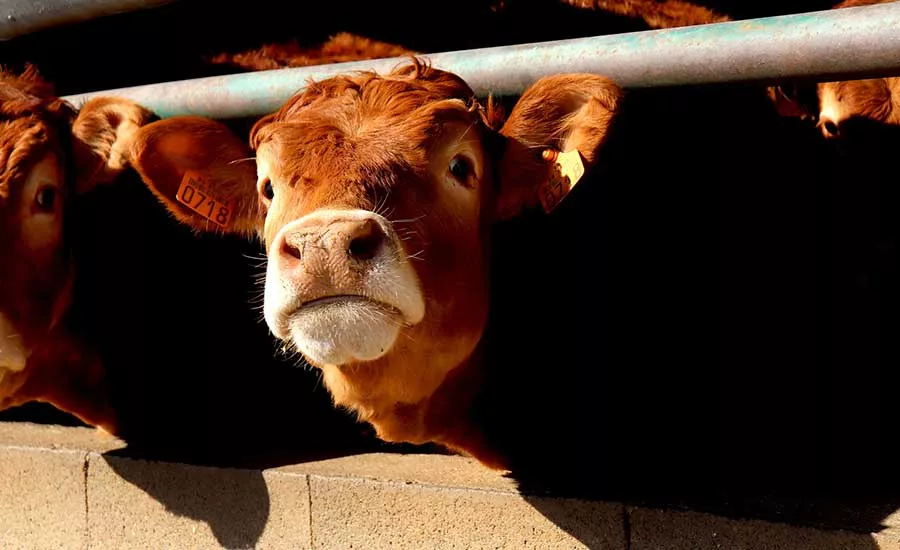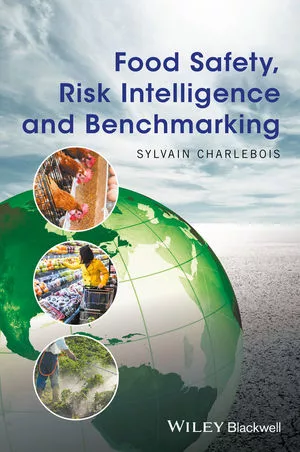FDA Makes Low-Risk Determination for Marketing of Genome-Edited Beef Cattle Products

The U.S. Food and Drug Administration (FDA) has made a low-risk determination for the marketing of products, including food, from two genome-edited beef cattle and their offspring, after determining that the intentional genomic alteration (IGA) does not raise any safety concerns (low-risk determination). The IGA results in the equivalent genotype (genetic make-up) and short-hair coat trait seen in some conventionally bred cattle, known as a “slick” coat. The decision is FDA’s first low-risk determination for enforcement discretion for an IGA in an animal for food use.
“Today’s decision underscores our commitment to using a risk and science-based, data-driven process that focuses on safety to the animals containing intentional genomic alterations and safety to the people who eat the food produced by these animals,” said Steven M. Solomon, D.V.M., M.P.H., Director of the FDA’s Center for Veterinary Medicine. “It also demonstrates our ability to identify low-risk IGAs that don’t raise concerns about safety, when used for food production. We expect that our decision will encourage other developers to bring animal biotechnology products forward for the FDA’s risk determination in this rapidly developing field, paving the way for animals containing low-risk IGAs to more efficiently reach the marketplace.”
Based on the agency’s review of scientific data, FDA has determined that the product is low-risk and does not raise any safety concerns, and FDA does not expect the product developer of the IGA to pursue FDA’s approval prior to marketing (enforcement discretion). To date, FDA has made low-risk determinations for enforcement discretion for many other IGAs in animals for non-food uses and has also approved applications for five IGAs for goat, chicken, salmon, rabbit and, most recently, for a line of pig.
IGAs are alterations made using molecular technologies that introduce changes to the genome of an animal. The IGA in these cattle, known as PRLR-SLICK cattle, was introduced using a genome-editing technique known as CRISPR. The IGA can be passed to offspring, allowing the trait to be shared through conventional breeding. Some conventionally bred cattle have naturally-occurring mutations that result in the same extremely short, slick-hair coat. Reports in scientific literature indicate that cattle with this type of coat are potentially able to better withstand hot weather. Cattle that are comfortable in their environment are less likely to experience temperature-related stress and may result in improved food production.
Although PRLR-SLICK cattle have an equivalent trait to those cattle with a naturally-occurring short-hair coat, they are not currently in commerce. The product developer plans to use the genetic products from these two animals with select customers in the global market soon, and anticipates that meat products will be available for purchase by general consumers in as few as two years.
The FDA-reviewed genomic data and other information submitted by the product developer confirming that the IGA in genome-edited PRLR-SLICK cattle is equivalent to naturally occurring mutations that have arisen in several breeds of cattle as an adaptation to being raised in tropical or subtropical environments. The data also confirmed that the IGA results in the same slick-hair trait as in cattle found in conventional agriculture. Furthermore, the food from the cattle is the same as the food from conventionally bred cattle that have the same slick-hair trait.
FDA does not expect farms or facilities not owned or operated by the developer that are producing and breeding these low-risk PRLR-SLICK cattle using conventional breeding techniques to register with the agency. The low-risk determination was provided to Acceligen.
Looking for quick answers on food safety topics?
Try Ask FSM, our new smart AI search tool.
Ask FSM →








